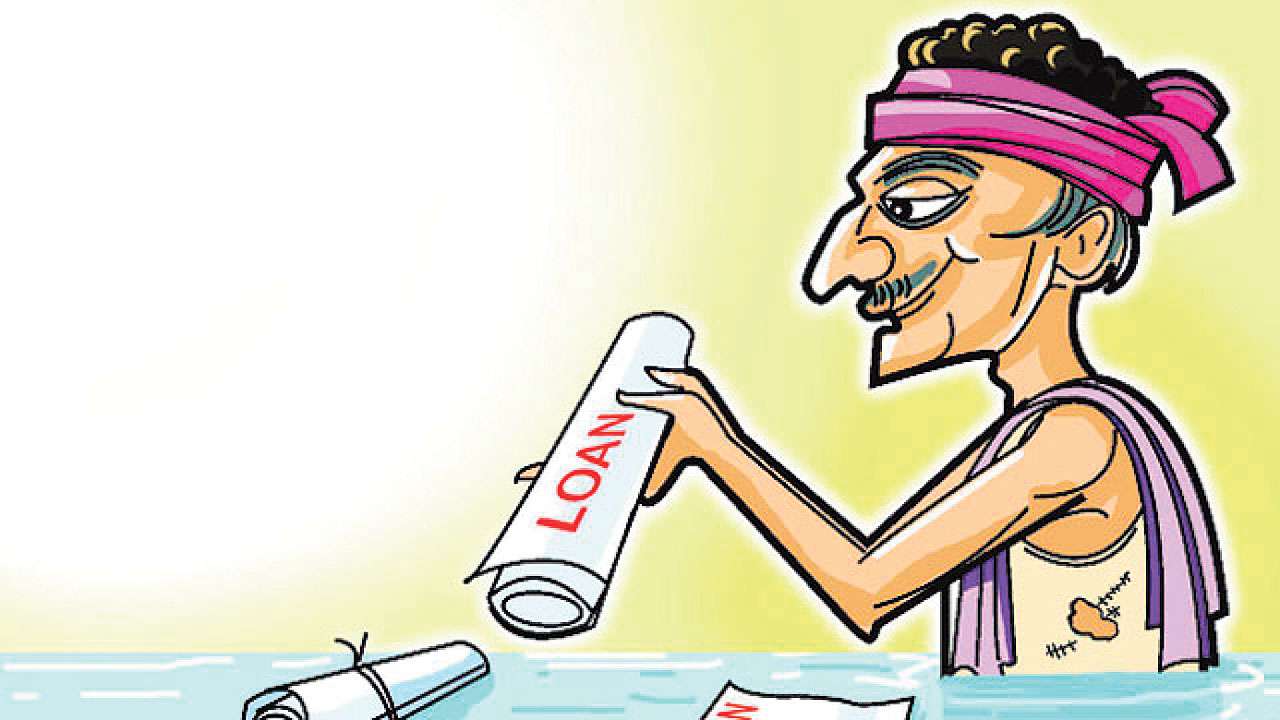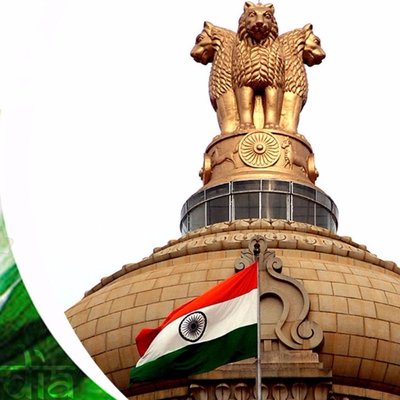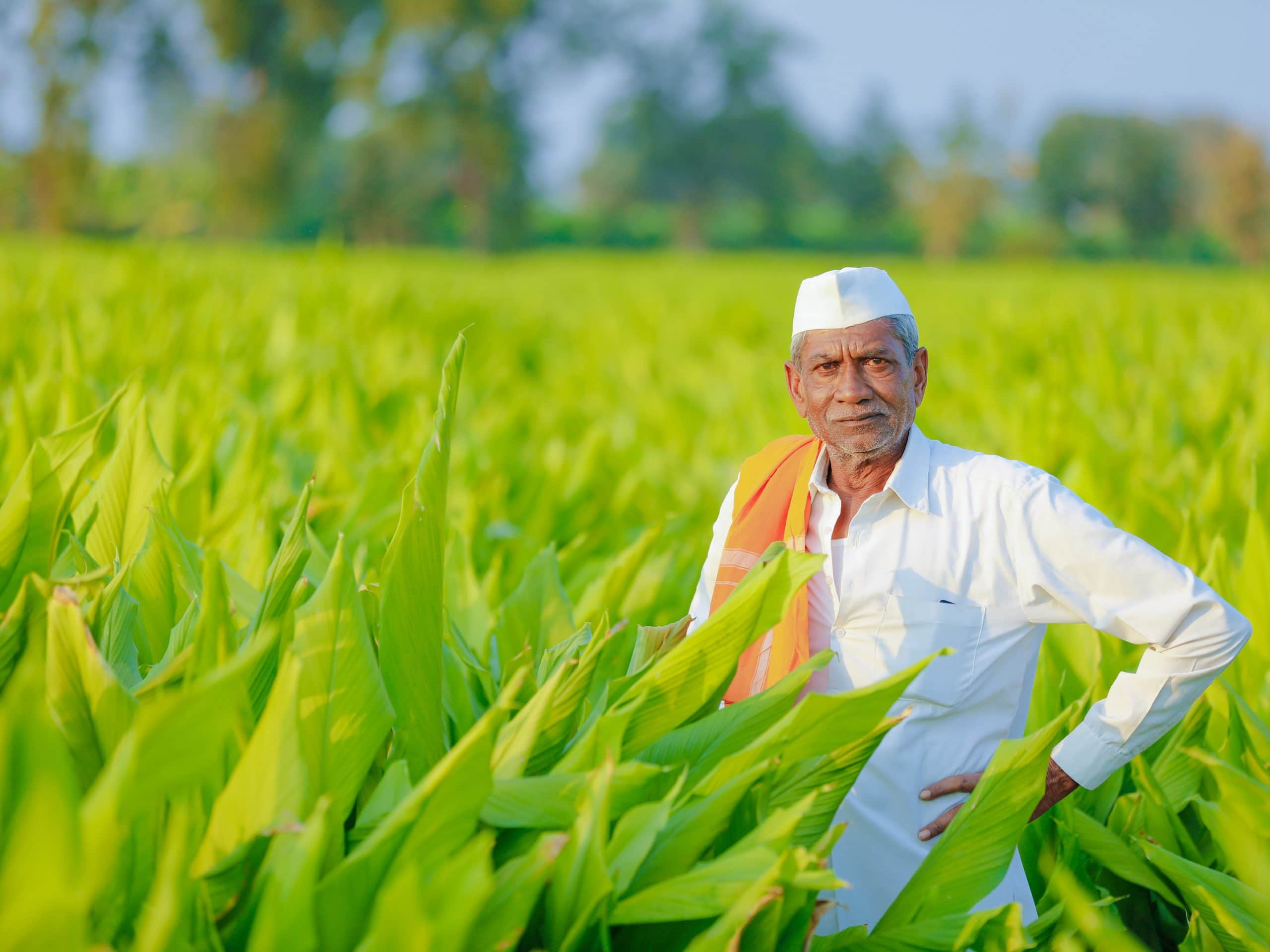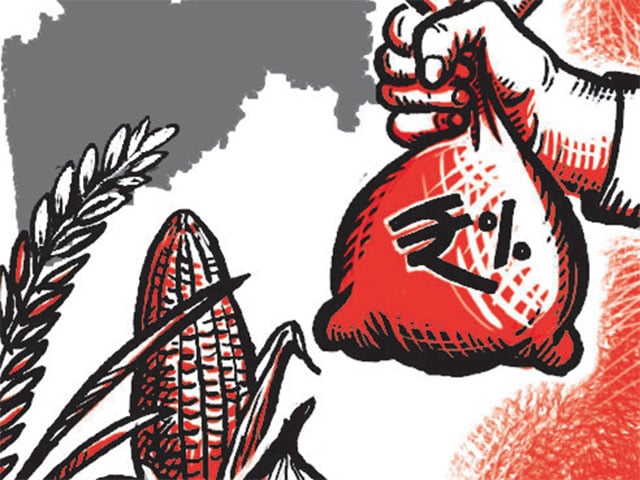The Assembly Polls in 5 key states of UP, Punjab, Manipur, Uttarakhand, and Goa during February and March 2022 have brought back a season of promises in the political sphere. Apart from the conversations on agricultural reforms, free rations, smartphones, and subsidies on electricity, the political parties are looking for more scope to offer promises to the voters.
The BJP has promised free electricity for farmers in UP. On the same line, the Samajwadi Party has promised free electricity for irrigation and debt-free farmers by 2025. Even though Congress has promised to announce a waiver for farm loans. The AAP has promised free electricity for farming in Uttarakhand, and the NDA is offering farm loan waivers up to 5 lakes.
Farm loan waivers have recently become a favourite announcement during polls, and Karnataka stands as the worst offender. It means that the government will absolve the farmers with debt from repaying the remaining debt. There is no direct benefit to farmers, but they can access fresh loans when the previous loan is settled. Going by figures, there is an 80% success rate for farm loan waivers announced during polls.

However, people happen to ignore the social and economic impacts of this decision, which lands a burden on the state budgets of the country. Let’s know more about these impacts in detail.
How does a state in India get money?
The farm loan waiver decision is extremely expensive for the state. In 2017, the total cost of farm loan waivers to the state was around Rs. 10,000 crore. This amount makes up 9% of the total GDP for Punjab. Even for Maharashtra and Uttar Pradesh, the decision cost around 12-13% of the total GDP of the respective states.
So, how does the government cope with this amount? The government has 3 ways to bear the brunt of the farm loan waiver program. It can take borrowing from the centre or other states. The government increases the taxes or balance of the amount by taking a section of the budget for other departments. The government repays the farm loan amount by releasing money to the government in different phases.

Mostly, the states reduce the budgets for education, power, energy, water resources and other departments. However, these departments are vital for the development of the states.
Some of the farm loan waiver schemes in India are Karz Maafi Yojna in Punjab, Chhatrapati Shivaji Maharaj Shetkari Sanman Yojna in Maharashtra and Kisan Rin Mochan Yojna in Uttar Pradesh.
Deviating from the real issue:
Agriculture is the primary occupation in India. However, for some decades, farming has been a risky occupation owing to multiple factors like soil degradation, climate change, excessive use of chemicals, and difficult water access. These factors make farmers debt-ridden. Furthermore, losses and less margin put them at default, increasing their stress. It has been the reason for the poor financial condition of farmers and the suicides of various farmers under high debt. So, waiving off the farm loans can reduce their stress about the loans and give them temporary relief.

However, the major problem lies in the factors and economic setup that force them to take debt. Possibly, it would be better to improve the factors that contribute to losses in the farming sector rather than create rounds of promises every year about farm loan waivers.
Summing up,
It has become a common promise to offer farm debt waivers during elections to lure voters. Also, the majority of the political parties promise farm loan waivers to win the elections. However, the expensive cost of repaying the loan is borne by the states. These costs force the state to borrow money or reduce the budget in other important government departments, affecting the state’s development. Also, this step diverts attention from the real issue of improving the farming conditions in India.
At the same time, the election commission should introduce regulations to restrict the extent of monetary costs involved in the promises made by the political parties during elections.
Also Checkout: The seven-year-high Crude Oil price doesn’t affect India due to elections












